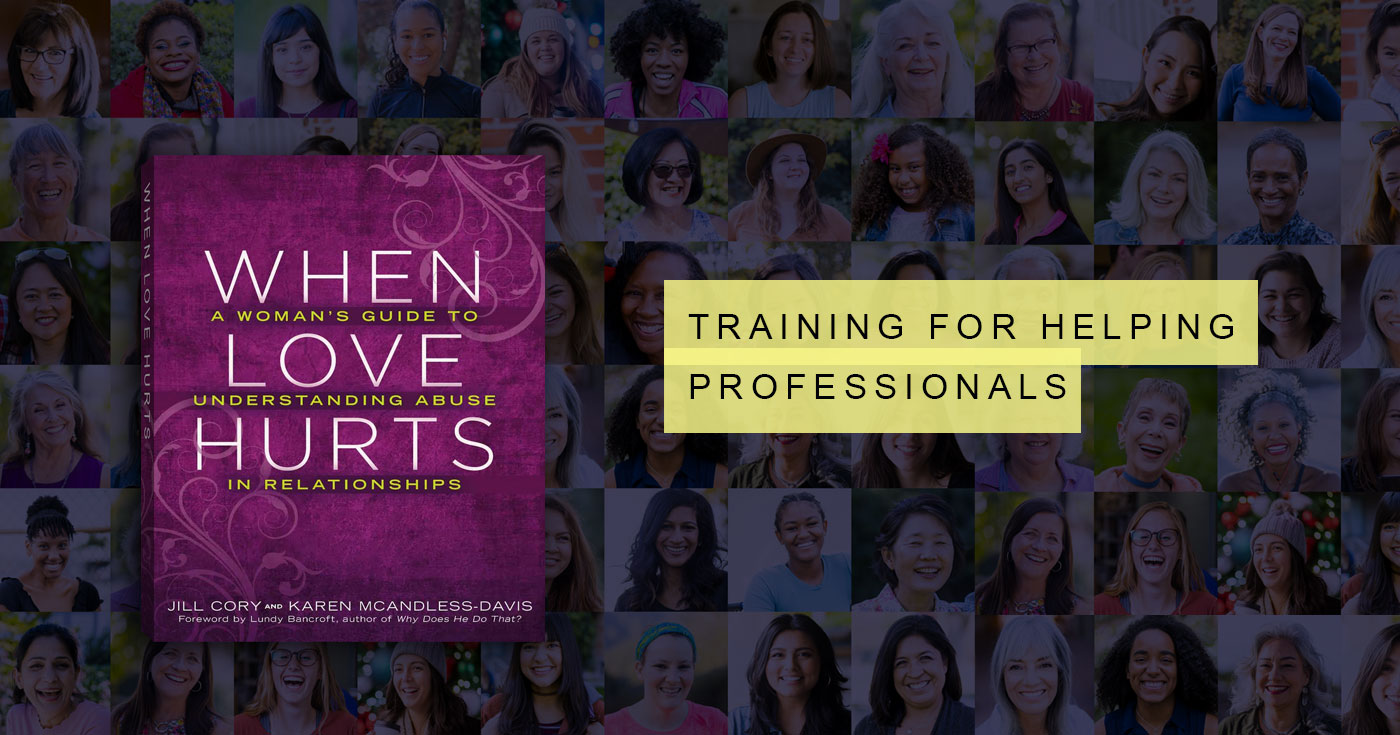When helping professionals mirror controlling behaviour
Sometimes ‘helping professionals’ do harm to women. This is not their intention but it does happen. How is this possible? Well, let’s think about the dynamics of abuse. Men who are abusive are motivated by a desire to have power and control over their partner. They have a need to feel superior. Men who are abusive can feel superior by putting down their partners’ ideas, feelings or needs and by forcing their views on their partner. So what happens to a woman when she goes to a counselor, advocate or other professional who tries to tell the woman what the problem is. This “helping” professional may tell the woman how she needs to “fix” herself or “fix” the problem in her relationship. Do you see how the ‘helper’ is using the same approach as her partner – taking control of the situation and assuming he or she knows better than the woman? Women know their experiences best and service providers must listen carefully to women’s stories if they are to be helpful. We want to remember that each woman is the expert on her life, her partner and her children.



Episode 8: Understanding the healing journey
In this episode, we explore the healing journey for women who have experienced abuse.
New Year’s greetings!
We’re excited to share that all eight episodes of the When Love Hurts Podcast are…
Episode 7: Mothering, post separation abuse, and the legal system
How men’s abuse profoundly impacts mothering and how that abuse so often continues after separation…
Episode 6: The harms of help
How services can repeat dynamics of abuse.
Episode 5: Why abusive men are abusive
In this episode, we take on the question women ask again and again: Why is…
Welcome to Episode 4: The impacts of abuse for women
We want to thank you for joining us for this heavy, but essential, conversation. Be…
Episode 3: Understanding the power and control wheel
In this episode of the When Love Hurts podcast, we unpack the realities of power…
Episode 2: Understanding the cycle of abuse
In this episode, we take a deeper look at the cycle of abuse, what it…